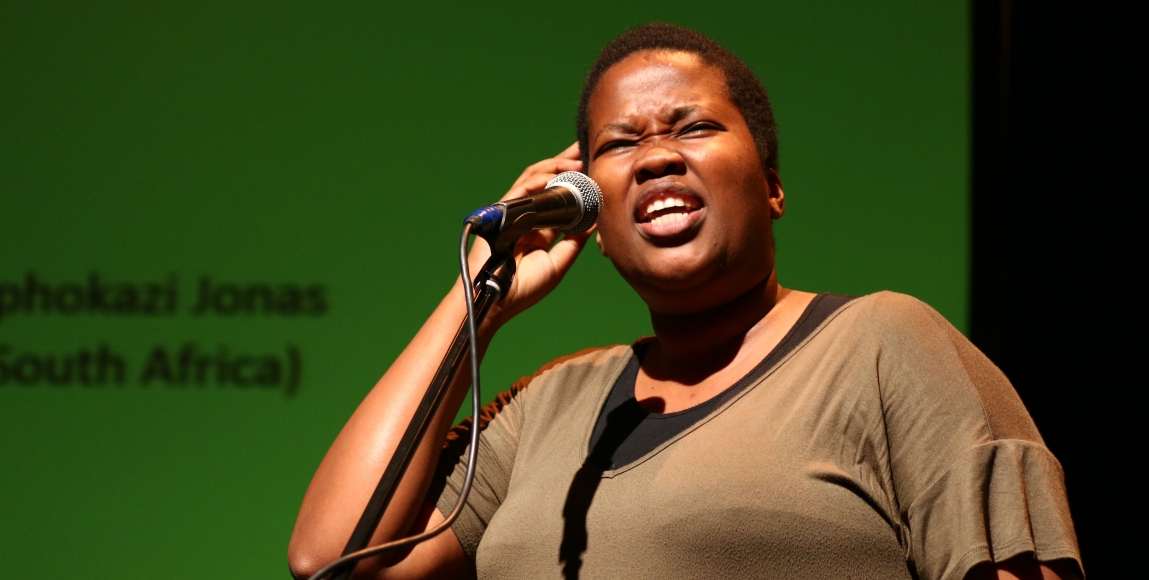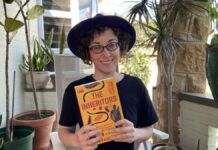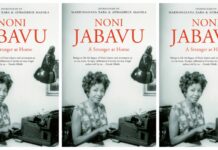The University of KwaZulu-Natal is hosting the 21st Poetry Africa Festival. The five-day event presents a line up of celebrated poets from across the globe. The Daily Vox asked 31-year-old writer, performer and a poet, Siphokazi Jonas what inspires her writing.
I started writing poetry back in high school, I was only 14 years old and I’m inspired by different things and environments. I write mainly based on my life experiences and currently I’m working on a writing inspired by my grandmother and her life in the rural areas. I find inspiration in different people and situations, especially black women who are constantly trying to make something out of their lives in different spaces. I often write in response to any happenings in the world.
I find interest in exploring black women who are moving around the world trying to make sense of their own lives and who they are in different contexts. I also write about my own experience of struggling with the language, having gone to a historically Model C school and learned English. Wanting to shift to my mother tongue which is IsiXhosa and get to understand and write in it was the biggest challenge.
When I first started, I would share my poems with my English teacher and she fell in love with them. I also started performing arts in a form of poetry; usually I was performing other people’s work until I decided to write my own. The professional part of it came at a later stage, after a failed attempt at biotechnology.
I did my first year in biotechnology and failed dismally. That’s when I sat down with my parents and told them what my passion was. They didn’t understand at first but now they totally get it. Most people don’t understand how the industry works and maybe that’s because not enough work is being done to promote it.
Poetry in a South African context is growing explosively. I’m really excited to see the number of young people who are taking over the industry. I, however, feel that it is our responsibility to create more spaces for young people. We need to put more content online where people can access it and watch our videos online – we don’t have much of that in South Africa.
We need to open up spaces because decolonising them is difficult, we need our own where we can have young people flocking in. If we can have poetry being published in books, radio stations and newspapers, we could see the industry thriving.
South Africa has a very rich oral history that predates colonialism and it’s important for us to teach and do praise poetry in indigenous languages. I have started doing that in University of Cape Town where I am a teaching assistant. I have also started an online seminar where I teach praise poetry that’s translated in IsiXhosa. We have students from abroad reading praise poetry.
Edited for brevity and clarity









